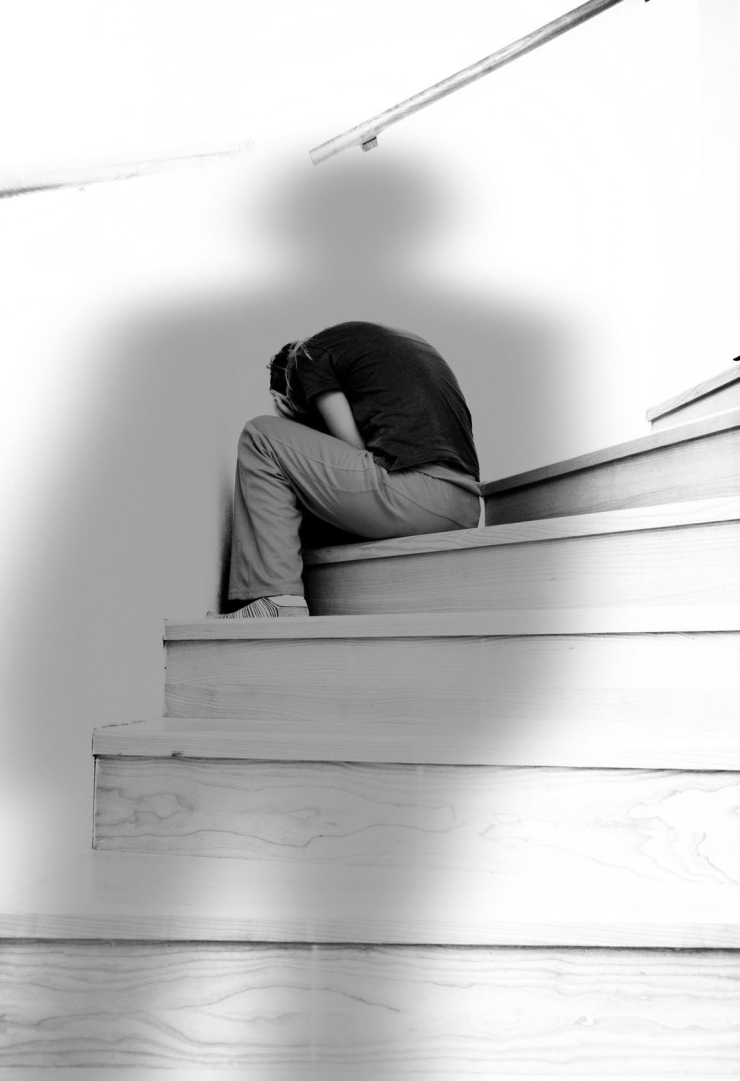Often, dealing with an abusive partner puts a lot up for discussion, especially when you can’t figure out what’s right or wrong with his behavior. But it starts with the easiest of “Q & A”:
1. Do you fear him or feel like you can’t discuss with him about what’s bothering you?
2. Does he often criticize you, humiliate you, or undermine your self-esteem?
3. Does he isolate you and ridicule you for expressing yourself?
4. Does your relationship with him teeter between emotional distance and being very close for an extended amount of time?
5. Is he one way with family, colleagues, and friends but a total different person when alone with you?
6. Are all his words and actions justifiable but yours aren’t? (read: Mr. Always Right)
If you answered, “Yes” to any of the above questions, then you’re dealing with an abusive partner. Branding someone to be “abusive” is not reduced to just the physical sense and truth be told, it takes a long time to realize that you’re going through mental and emotional abuse.
But what is mental and emotional abuse?
The most common forms of or rather, “favourite weapons” of mentally and emotionally abusive people would be verbal criticism and/or silent treatment. These two types of abuse come hand in hand because it coexists.
I wouldn’t say that I am any different from some of these women. I must admit that there are fleeting moments where I’ve said to myself:
“I know what he’s done to me, I know that he’s psychotic, but I still love him”
“But just last week he was so nice to me so he can’t be a bad person”
“Sure we’ve had bad times but I miss the familiarity and I want him back”
From a social standpoint, it doesn’t make any sense! But in a psychological sense, it can be explained. Why? Have you heard of the “Stockholm Syndrome”?
The “Stockholm Syndrome” is based on a real event and in a psychological study it refers to a twisted perception of kindness. When faced with a threatening situation, a normal human being’s instinct would be to “survive”. And because of that, we often look for and then hold on to any evidence of hope. Then, when the abuser shows some small kindness, or any sign that a situation may improve, the victim takes it as a positive trait and is “blinded”.
In relationships with mental and emotional abusers, a small, special treat (after a period of abuse) whether it is in the form of time or material, is automatically interpreted as positive credit. In which seen through rose-tinted glasses, suddenly the abuser is not at all bad and everything that he has said or done previously is automatically disregarded. Is it manipulative? Yes. Have you done anything to deserve it? No. Will it cause you, the victim, to eventually self-destruct? Yes.
Women are often amazed by their own psychological conditions and reactions and those with depression shock themselves by the many times that they’ve thought of killing themselves. In most cases, they think that the problem is them alone and not their abusive partners. What they don’t realize is that all along, they’ve been mentally and emotionally abused, and controlled by, the one sick person in their life.













